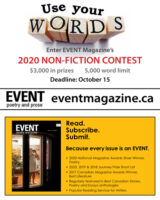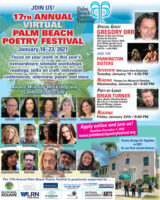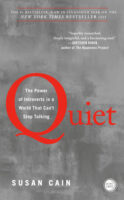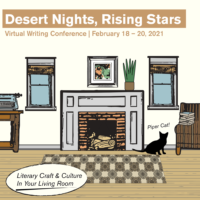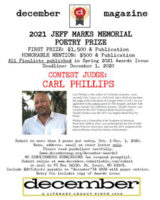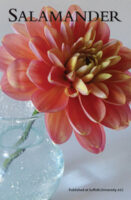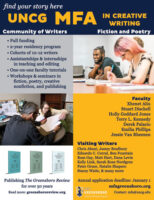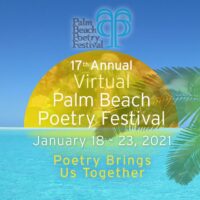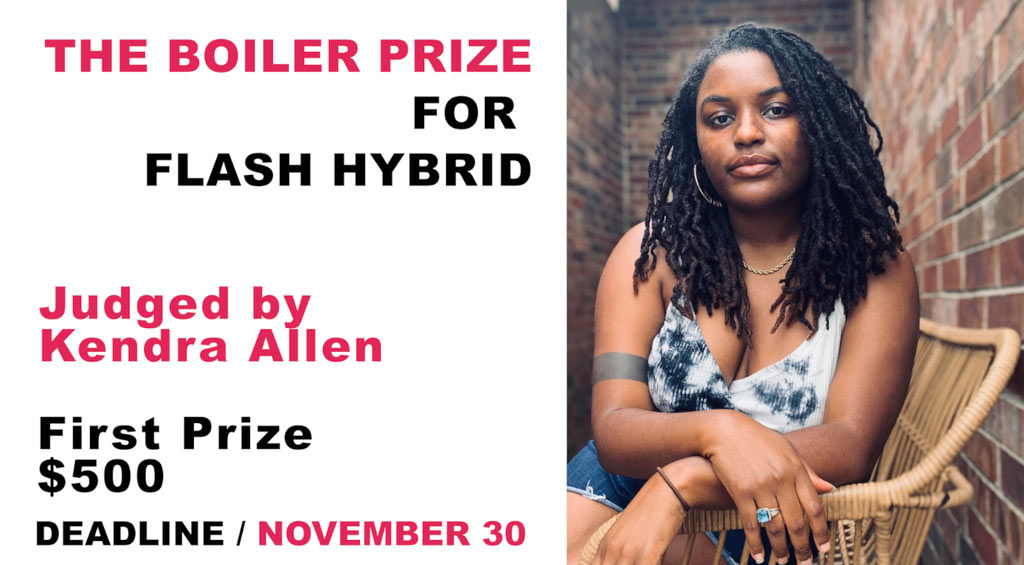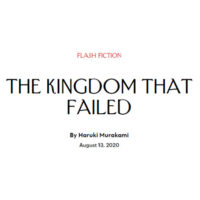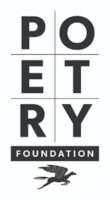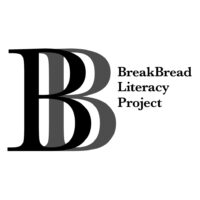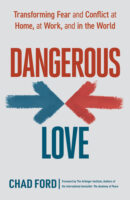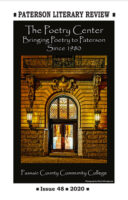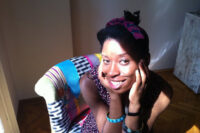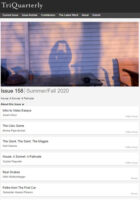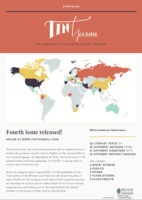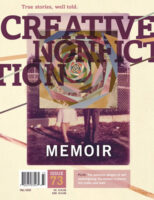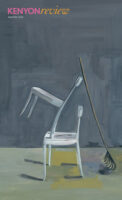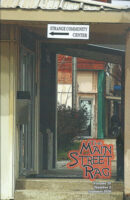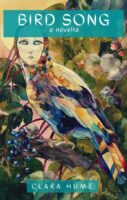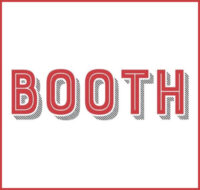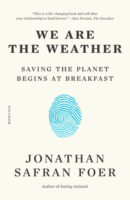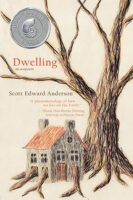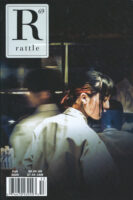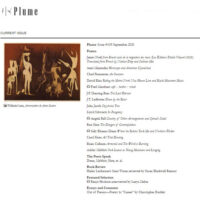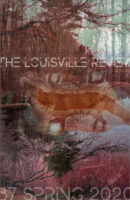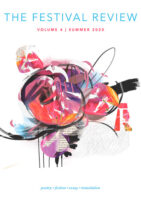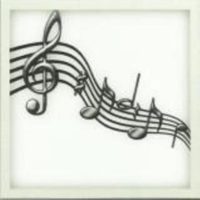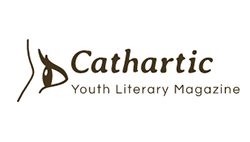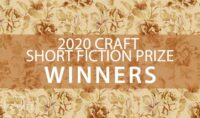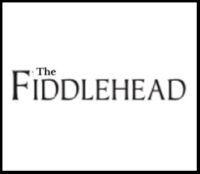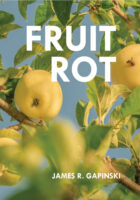 Guest Post by Samantha Kolber
Guest Post by Samantha Kolber
At its core, Fruit Rot by James R. Gapinski is a sweet story. Not sweet like saccharine, or Hallmark, but sweet like the meager couple in the book, with their ailments and traumas, artistic talents and impoverished lodgings; sweet like fairytales read aloud next to a hearth at bedtime; and sweet like love and the magic of imagination.
The story begins with a narrator, one half of a couple, telling the reader, “Lacey and I need money.” He tells us Lacey is depressed, with a history of abuse from her father, and since they can’t afford health insurance, she relies on St. John’s Wort from Walgreens. “It doesn’t work,” says our narrator. “She says she needs real drugs, but that takes real money.”
Gapinski is a sparse writer, yet spares no details. I love the bottle of herbs from Walgreens. I love how the narrator shuffles around the hole in the stairs. Though I don’t read comics, so may have missed some comic book references, I still love the descriptions of the narrator’s sketches and graphic artmaking endeavors. And I love the description of the mystery tree that pops up in their “barren dirt patch” of a front yard, written in the narrator’s characteristic, comic-obsessed voice:
This mystery tree is huge, and the bark is a perfect Silver Age green, like it jumped right off the Incredible Hulk #2 cover. The tree has sparkly leaves and golden fruit sprouting from its nuclear green arms. The fruit is round like an orange, but shiny like a ripe apple.
What would you do if a golden goose fell in your lap? Would you capitalize on it, even if your intentions were pure? Pure as healing the sick, mending the broken, making whole what once was? Would you play God? Would they call you a hero? Our narrator wrestles with this and so much more as the tree—their golden goose—and its magical powers permeate the couple’s lives in unimagined, unintended, and unwanted ways.
This story will stay with you for a long time, and the characters are so real—with that detailed writing—that you will think of them as friends—or foes, depending on where you sit on the good versus evil scale.
Fruit Rot by James R. Gapinski. Etchings Press, July 2020.
Reviewer bio: Samantha Kolber (samanthakolber.com) is a chapbook-loving poet and editor living in Montpelier, Vermont. Her own debut chapbook “Birth of a Daughter,” poems that reconcile an artistic self with motherhood, is out now with Kelsay Books.
